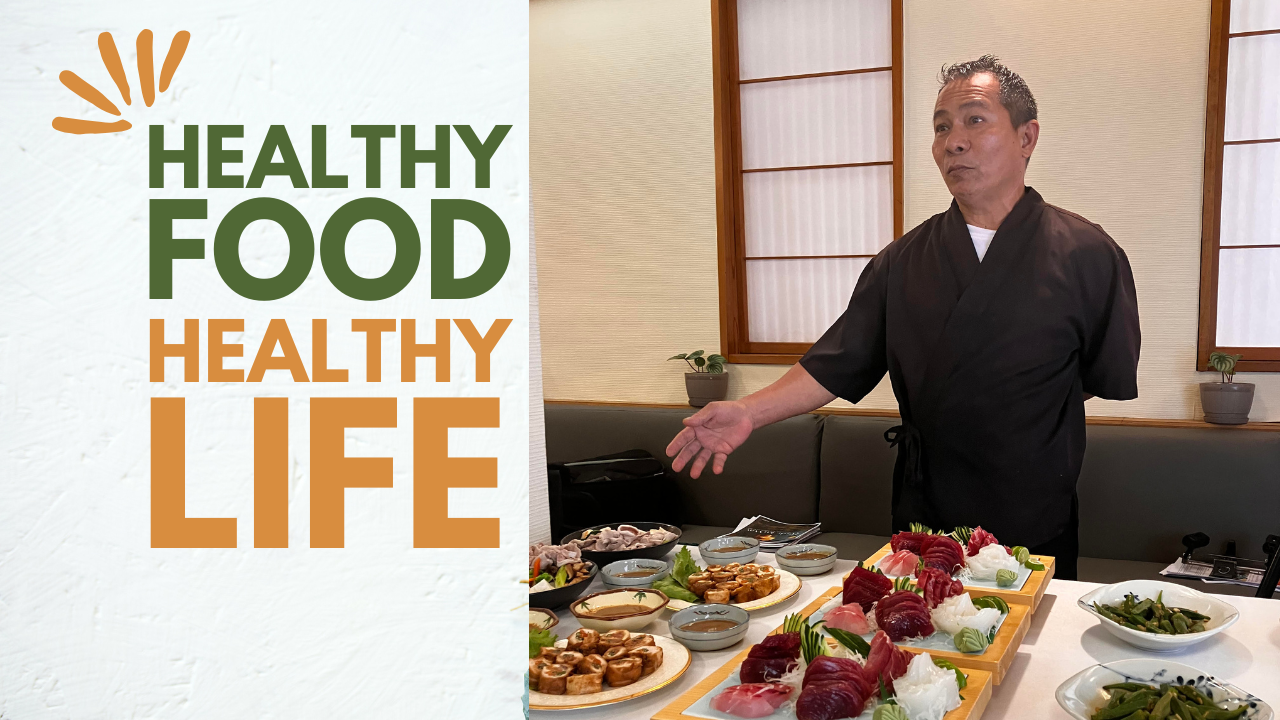
by Ofani Eremae
Nutritionists always tell us “you are what you eat”.
Meaning our health is primarily determined by the kind of food we eat each day.
Across the Solomon Islands, Non-Communicable Diseases (NDCs) are killing people at a pace never seen before, with statistics showing at least six people die from NDC at the National Referral Hospital in Honiara daily.
This scary situation has prompted partners like Japan to step in through various projects to assist Solomon Islands tackle the issue.
Recently in Honiara, Japanese Ambassador to Solomon Islands Miwa Yoshiaki organised a food security seminar aimed at promoting healthy eating and highlighting the scourge of NCD.
According to Yoshiaki, the seminar was conducted in line with the Pacific Islands Forum Leaders’ Declaration adopted by the 10th Pacific Islands Leader Meeting (PALM10) held in Tokyo July this year.
In the declaration, leaders expressed their commitment to addressing health challenges, including non-communicable diseases and mental health conditions.

Japan, Yoshiaki said, has been tackling the issue of NCDs in Solomon Islands through some projects.
“For example, JICA (Japan International Cooperation Agency) conducted a project called ‘Health Village’ from 2016 to 2020,” Yoshiaki said.
“Through the training of village-based health promoters, this program supports activities to raise people’s awareness of health and to change their behavior and environment,” he added.
At the recent seminar, participants have the chance to sample dishes prepared according to recipes prepared by Japanese volunteers for healthy meals that can be easily cooked using local ingredients.
A traditional Japanese cuisine known as “Washoku”, which has been listed on UNESCO’s Intangible Cultural Heritage List because of its healthiness, was also put on display.
Participants at the seminar were told whilst food is necessary for basic health survival, many people do not know or understand some very elementary principles about food and good health: what you eat and in what proportions and combinations, are critical to one’s health and welfare.
Unfortunately many people in the Solomon Islands have not had the opportunity to learn some of the basic principles about choosing right proportions of energy foods, protective foods and body building foods in their diets.
Most people blindly follow their tastes and the kinds of foods they have become accustomed form traditional diets.
Consequently the majority of people do not realise that some foods are beneficial while others can be harmful to their health if not eaten in combination with a balanced diet.
In this sense it is not the amount of food we eat that is most important, but the kind of foods and in what combinations.
A recent survey on NCD states that: 67.4% of the population is overweight; 32.8% are obese, 13.5% are diabetics and 10.7 % suffer from hypertension.

Chihiro Tsuchiya is a Japanese NDC volunteer nurse who used to work in Solomon Islands.
Her experience was shared at the seminar.
Tsuchiya said during her time here, she witnessed an increasing trend in obesity, diabetes and hypertension.
“Having no visible symptoms these silent killers can go unnoticed in the population until it’s too late,” she said.
“Unfortunately once we have contracted some of these illnesses it is too late to make a full recovery.
“This is why prevention of these illnesses is important. The best way to prevent getting these illnesses is to maintain a balanced diet and regular exercise.
“My work at Kukum Clinic and in the communities brought me in contact with many people with poor diets that contained excessive amounts of sugar, salt and oil, rather than vital amounts of nutrients such as protein, vitamins and minerals.”
As part of her help, she conducted cooking classes and organised weekly aerobics class.
Tsuchiya also introduced simple Japanese style recipes and other dishes.
“I have tried to explain the recipes in the simplest way possible and demonstrate each step with photographs so that people who have never tried cooking such dishes before will be able to make them easily.
“I have tried to choose fresh, locally available, and affordable ingredients and utensils.”
In Japan, people there fight NCD by eating healthy food and living active lifestyles.
In fact Japanese food has been regarded as one of the healthiest in the world.

